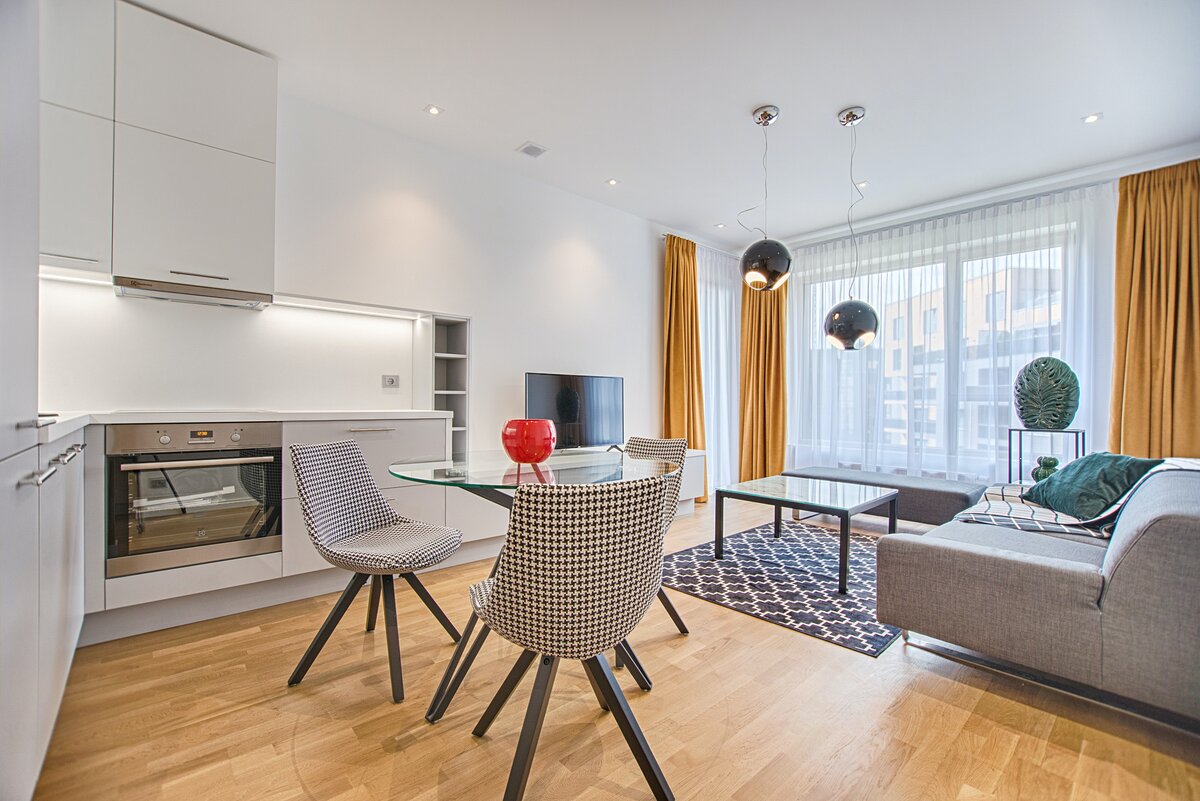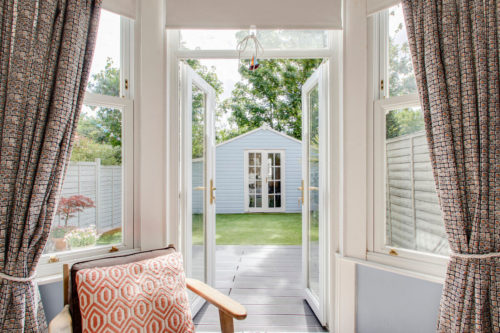
When you’re renting your home, being a good tenant can make the difference between staying in a good quality property long term and being left with the houses or flats that no one else wants to live in.
Being a good tenant can be as simple as paying your rent on time and in full. Other qualities of a good tenant may be less clear. If you haven’t rented before, then you may well be wondering whether to let anyone know when there’s a maintenance issue. Or if you can get away with inflating your salary, or lying about the fact that you have a pet.
So what makes you a good tenant? Read on to discover 10 ways in which you can be well on your way to long term domestic bliss.
10 winning ways to be a good tenant
1. Honesty is the best policy
It can be tempting to twist the truth when you want to rent the best property you can afford. But any dishonesty may well be exposed before you know it. If that happens then the landlord will, in all likelihood, try to find a more forthcoming tenant.
Background reference and affordability checks mean the landlord will soon find out if you’ve inflated your rate of pay, or lied about why you’re leaving your current property.
2. Be prepared
When you want to rent a decent home to live in, get ready. Do your homework and gather all the required paperwork together as soon as possible.
When viewing a property, ask the landlord or letting agent some questions that show you’re committed to being a good tenant. Such as who the neighbours are, and when you should put out the recycling for collection.
3. Put yourself in the landlord’s shoes
It could be easy to assume that your landlord can afford to take the hit if you miss a rent payment. Is this really the case, though?
Your landlord may have a mortgage on the property with payments to meet every month. They may also be liable for other charges, such as the ground rent and maintenance fees that often apply to leasehold flats.
Remember that the landlord owns the property. How would you feel about someone altering something that belonged to you, for example, without your express permission?
4. If in doubt, ask
If you don’t know the answer to something, don’t assume. Clarifying issues of uncertainty can be one of the good tenant qualities a landlord may look for.
Whether you want to decorate, put up shelves or get a pet, ask for permission before going ahead. This can ensure good relations and prevent future problems that could be caused by a lack of communication.
5. Get a copy of the lease
Misunderstandings often arise with rental properties because the tenant isn’t aware of the conditions of the lease. If you’re renting a flat, the chances are that it’s a leasehold property. This means anyone living there must adhere to the terms of the lease, or the landlord could face serious consequences.
The lease may lay out terms relating to the use of communal grounds, the keeping of pets, the obligations of the management company and so on. Making sure you and the landlord are aware of the lease’s terms and conditions can really help to avert future issues, and allay misunderstandings.
6. Treat the property as your own
If you did own the property, how would you like to treat it? Bear that in mind when living in a flat or house that someone else owns.
Looking after the home not only keeps your landlord happy, it also maximises your chances of having the deposit returned to you in full at the end of the tenancy. On top of this, you can bag yourself a good reference to use when looking for your next home.
7. Keep it clean
A lack of cleanliness is often the reason why deductions are taken from tenant deposits. Just as you should expect the home to be in a clean and livable condition when you move in, the landlord can reasonably expect it to be maintained in that manner.
Keeping it clean makes sense as it makes inspections less stressful. Little and often is usually the simplest way to ensure your home stays tidy and hygienic.
8. Stick to the rental agreement
A rental agreement is there for a reason – so do make sure you stick to the conditions outlined in that. If you don’t, you may only be giving your landlord a good reason to consider eviction. Which is surely what no one wants.
If pets are not permitted at the property, for instance, and you have a cat at home, then this may not be the property for you.
9. Keep in touch
If there are any issues while you’re renting the property, then make sure you tell your letting agent or landlord as soon as they arise. This helps you, as they can then get the problem sorted without undue delays.
Letting the landlord know there’s an issue can also help to save them time and money in the longer term. If something is properly repaired early on in the process, then that could save them from facing a huge outlay later on. Meaning they’re likely to be very grateful to you for pointing the problem out early!
As well as ensuring your home is safe and pleasant to live in, communicating any issues early on can also go a long way in ensuring good relations between the tenant and the landlord.
10. Pay the rent
An obvious one, perhaps, but you must pay your rent if you want to continue living at the property. If you’re likely to forget, set up a direct debit so it comes out of your account automatically every week or month. Another option is to add a reminder to your phone that will prompt you to make the payment on time.
If there is a reason why you cannot pay in full or on time, do let your letting agent or landlord know as soon as you can. Keeping them informed can save both parties stress, and means you can work together towards finding a realistic, workable solution.
Now you know how to be a good tenant, let Stanfords help to find you the perfect property and build a strong landlord-tenant relationship.
